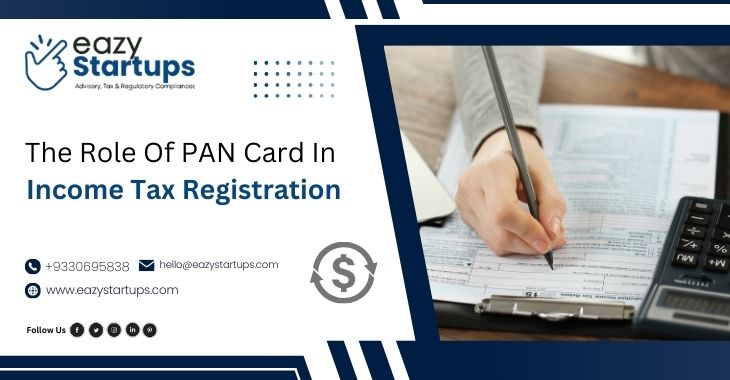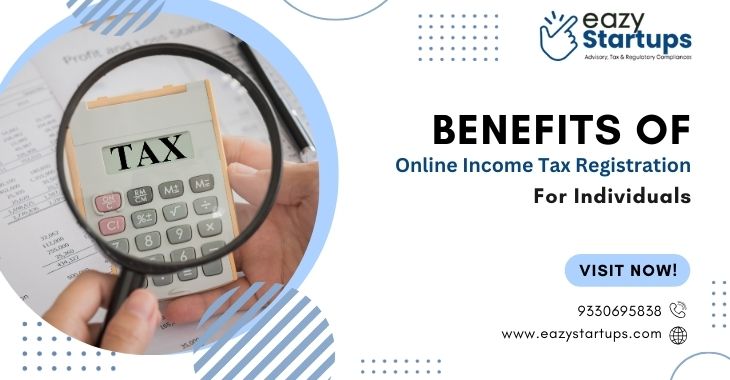It can be very stressful to file an Income Tax Return (ITR), particularly if you have multiple sources of income. Knowing how to properly submit your ITR is crucial, regardless of the source of your income—salary, freelance employment, rental income, or capital gains. Don’t worry; let’s walk you through the procedure step-by-step in an easy-to-follow manner.
1. Identify All Your Income Sources
2. Know Your Applicable ITR Form
3. Collect All Relevant Documents
4. Understand Tax Deductions and Exemptions
5. Consolidate Income Under the Correct Heads
6. Use Reliable E-Filing Platforms
7. Verify and Submit
Identify All Your Income Sources:
Before filing your ITR, list every source of income you earned during the financial year.
For example:
- Salary from your job
- Freelance or side hustle income
- Rental income from property
- Interest earned on fixed deposits or savings accounts
- Profits or losses from selling stocks or mutual funds
It’s important to include every rupee earned. Ignoring even a small amount can lead to penalties or scrutiny later.
Know Your Applicable ITR Form:
The type of ITR form you need depends on your income sources.
- ITR-1 (Sahaj): For salaried individuals with income from one house property and other sources (like interest).
- ITR-2: If you have income from capital gains or multiple properties.
- ITR-3: For those earning from a business or profession.
Check carefully which form applies to you. Choosing the wrong form can delay your filing process. If you need professional help filing your Income Tax Return Online in India, reach out to Eazy Startups today.
Collect All Relevant Documents:
Filing ITR involves some paperwork, but don’t let that scare you.
Gather these key documents:
- Form 16: Provided by your employer to show salary details and TDS.
- Bank account statements for interest income.
- Rental agreements and receipts if you earn rent.
- Capital gains statements from your broker if you’ve sold shares.
- Any TDS certificates for other incomes.
Keeping these handy will make filing faster and stress-free.
Understand Tax Deductions and Exemptions:
You can reduce your tax liability by using deductions under various sections:
- Section 80C: Investments like PPF, ELSS, or LIC premiums.
- Section 80D: Health insurance premiums.
- Section 24(b): Interest paid on a home loan.
Take the time to learn which deductions apply to you. They’re like a taxpayer bonus and can save you a lot of money.
Consolidate Income Under the Correct Heads:
The Income Tax Department divides income into five heads:
- Salary
- Income from house property
- Capital gains
- Business/professional income
- Income from other sources
Allocate your earnings under these heads. For example, rental income goes under “Income from house property,” while interest from savings accounts falls under “Income from other sources.”
Use Reliable E-Filing Platforms:
The simplest method in India is to file your Income Tax Return Online. You can use third-party services like ClearTax TaxBuddy or the income tax department portal. These platforms walk you through every step, ensuring you don’t overlook anything. They even save you time and effort by automatically filling in some details.
Verify and Submit:
After completing your ITR form, carefully review all the information. Double-check the figures to prevent mistakes. Once you’re happy, send in your return online and confirm it with a net banking transaction, Aadhaar OTP, or another technique. Verification is necessary to finish the filing process.
Final Thoughts
It doesn’t have to be difficult to file an Income Tax Return when you have several sources of income. It all comes down to being organized and knowing what is needed. You’ll glide through the process if you follow these guidelines. Remember that timely filing keeps you out of trouble with the law and prevents penalties.
Do not be afraid to consult Eazy Startups if you have any questions. Getting professional guidance is preferable to making mistakes while filing your Income Tax Return India. For more details, don’t forget to visit our website today.











Recent Comments